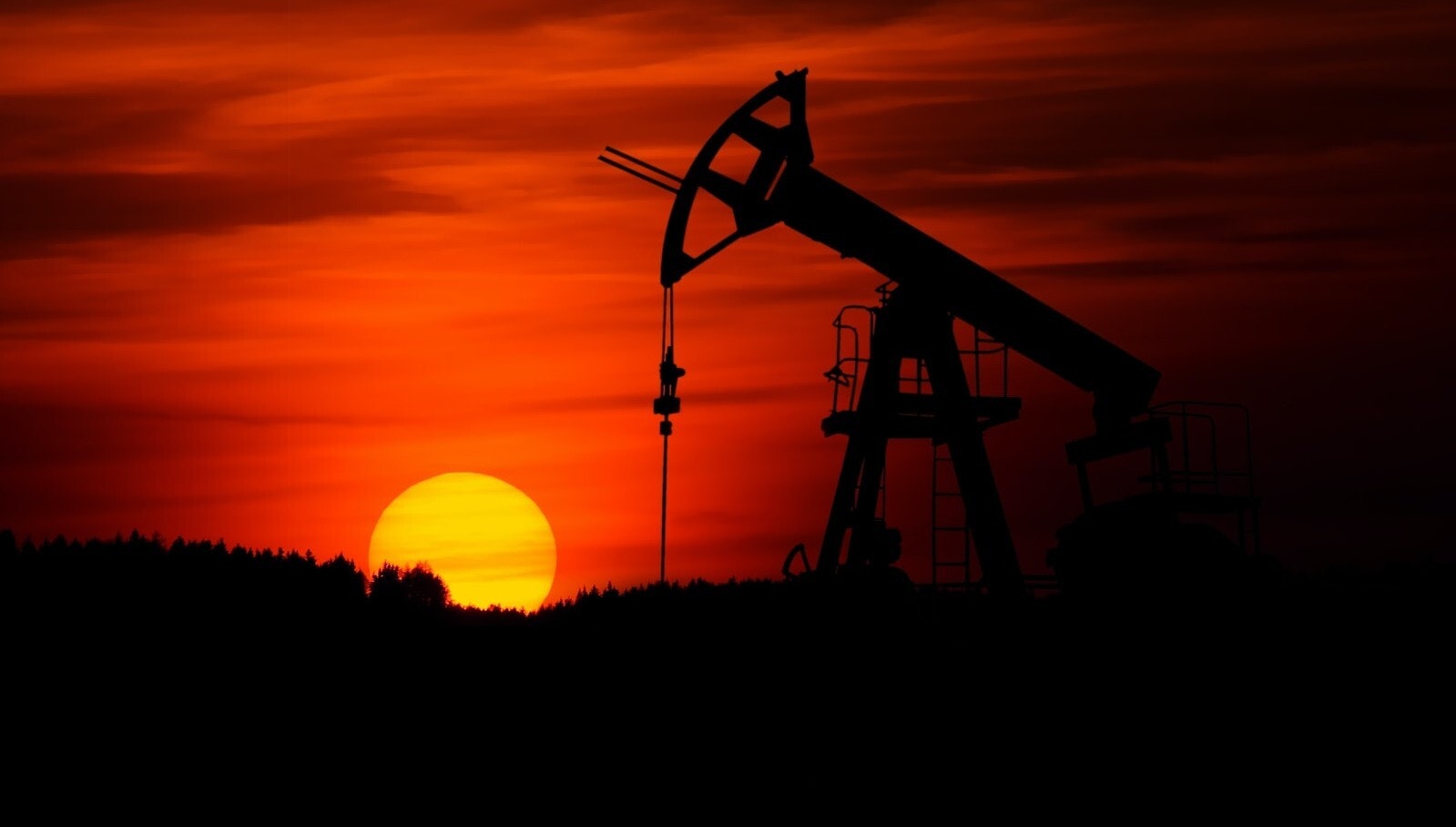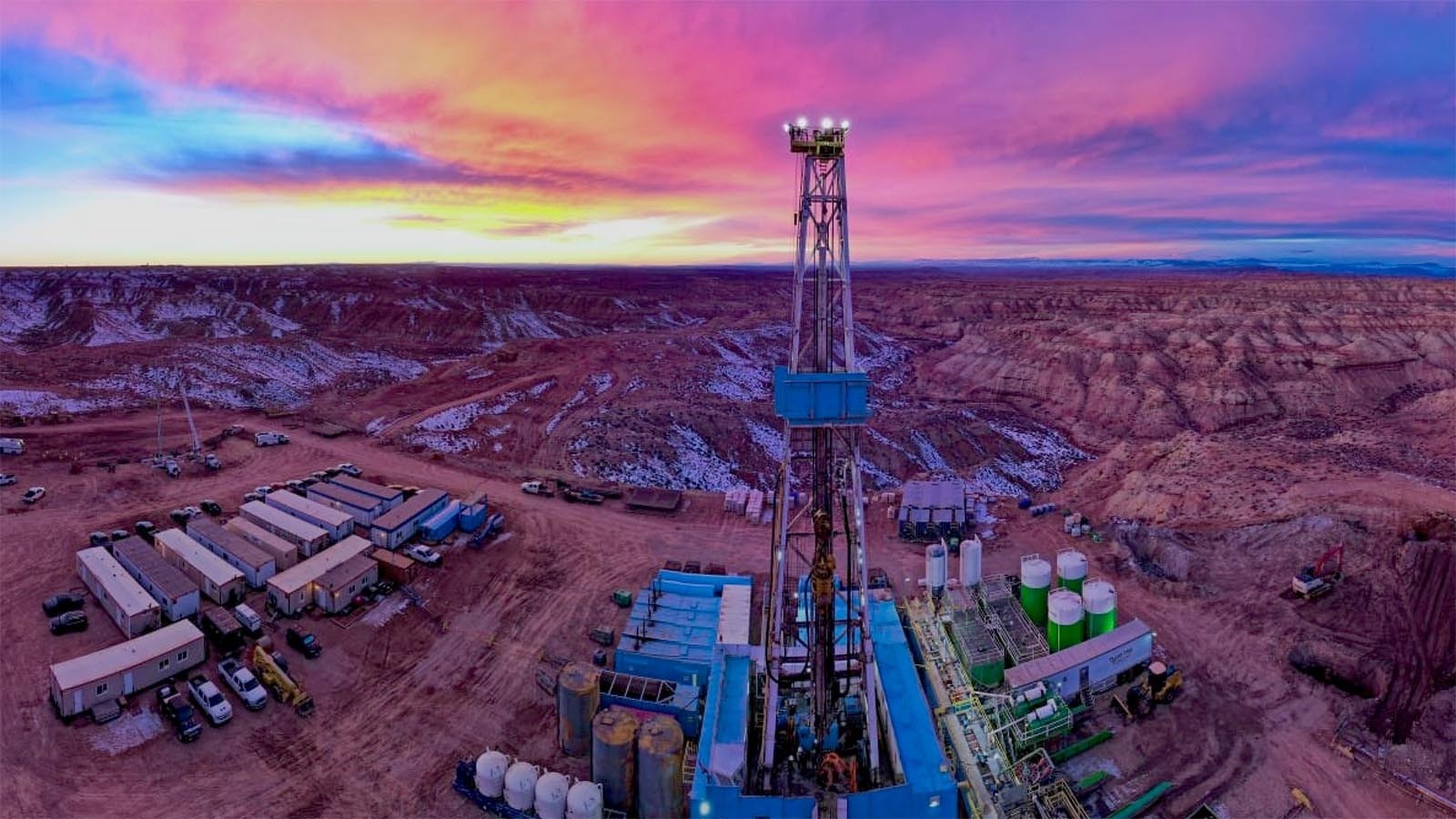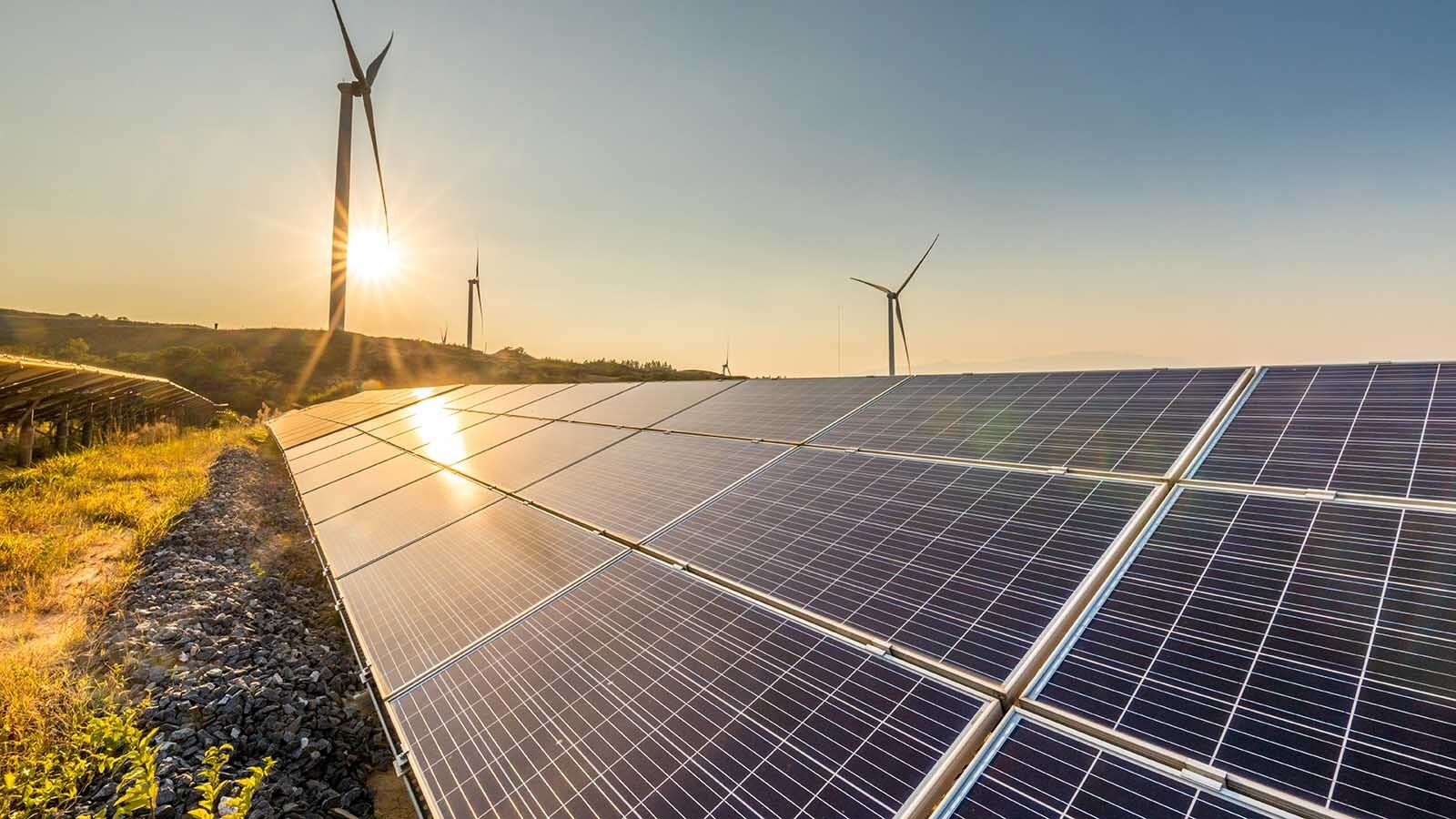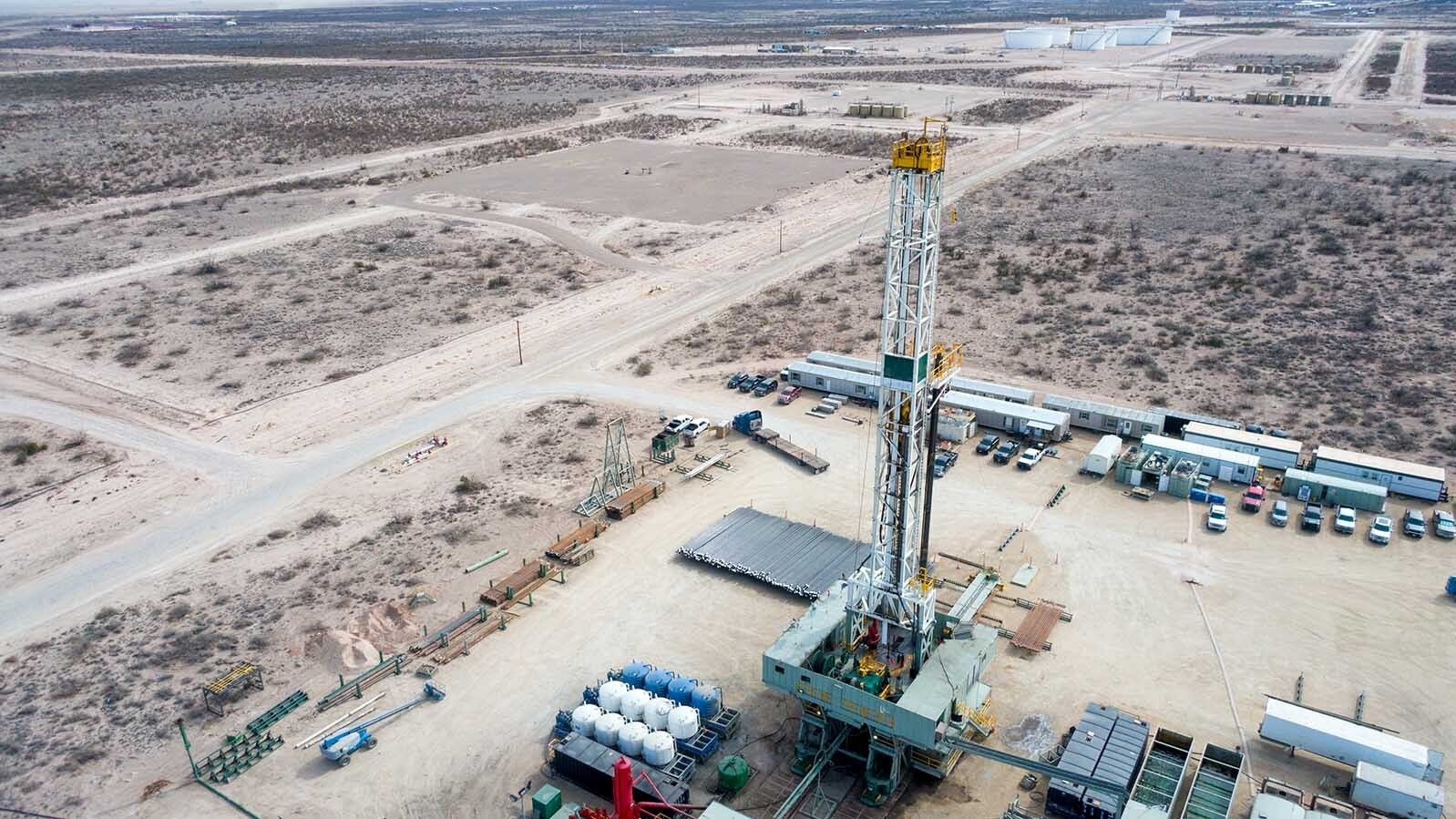The Petroleum Association of Wyoming is joining a lawsuit challenging President Joe Biden’s moratorium on new oil and natural gas leasing on federal lands.
PAW is joining the lawsuit originally filed by Western Energy Alliance, the organization announced Wednesday.
The WEA filed the lawsuit in U.S. District Court in Cheyenne in January, shortly after Biden issued his executive order halting new oil and gas leases, claiming the action exceeded presidential authority and violated the federal Mineral Leasing Act, National Environmental Policy Act and Federal Lands Policy and Management Act.
The PAW, a trade group for Wyoming’s oil and gas producers, filed as a joint petitioner in the lawsuit after the U.S. Bureau of Land Management did not hold its regular first quarter sale of federal leases this week.
“While many have tried to spin President Biden’s Executive Order as harmless, that narrative is simply false” said Pete Obermueller, president of PAW. “On average, Wyoming schools could have expected $4 million from this week’s lease sale – enough money to educate 220 Wyoming school children for an entire year. We join this lawsuit to show that the president’s leasing ban has resulted in real harm to Wyoming and those consequences will continue if this ill-advised EO is not overturned.”
Wyoming ranks first nationally for natural gas production on public lands and second for oil. In 2020, 1.2 trillion cubic feet of natural gas and 43.5 million barrels of oil were produced on public lands, according to data from the Office of Natural Resources Revenue.
“We’re pleased to have PAW join our litigation,” said Kathleen Sgamma, president of the Western Energy Alliance. “We filed in Wyoming because it has the largest amount of federal acreage under lease, and now we have the home team assembled. Because of the interlocking land ownership in Wyoming, it’s nearly impossible to develop oil and natural gas in the state without touching some federal lands or minerals.
“President Biden’s ban is a direct threat to one of Wyoming’s largest employers,” she continued. “The decree might make sense to someone sitting in Washington, D.C., but makes no sense in Wyoming and across the West.”
On Feb. 12, BLM canceled all oil and natural gas lease sales previously scheduled for spring 2021 in order to “confirm the adequacy of underlying environmental analysis.”
According to PAW, BLM is in violation of the Mineral Leasing Act’s requirement to hold lease sales “for each State where eligible lands are available at least quarterly” for failing to hold lease sales this week.
The area nominated in Wyoming for the March sale consisted of 426 parcels totaling 160,821 acres.
Since 2015, leasing revenues in Wyoming have totaled $474 million and averaged $79 million annually. The federal government shares 48% with the state, making Wyoming’s share over the past six years $227 million and averaging $37.9 million annually.
PAW estimated the potential loss to Wyoming of the canceled lease sale this quarter is $9.5 million.
Wyoming’s share of the sale directly supports education, infrastructure projects, and other vital government services. Based on the state’s funding formulas, the losses to the state and communities from the canceled first quarter lease sale include:
- General Fund – $3.7 million
- K-12 Education – $4.3 million
- Public Infrastructure – $1.2 million
- Cities and Towns – $275,000
- The University of Wyoming – $198,000.
According to a recent study from the Wyoming Energy Authority, the economic costs of the Biden ban will hit Wyoming hard.
By the end of his first term, the ban will decrease Gross Domestic Product (GDP) by $8.3 billion, 15,269 jobs will be cut annually, wages will drop $3.8 billion, and state tax revenue will plummet $1.8 billion.





